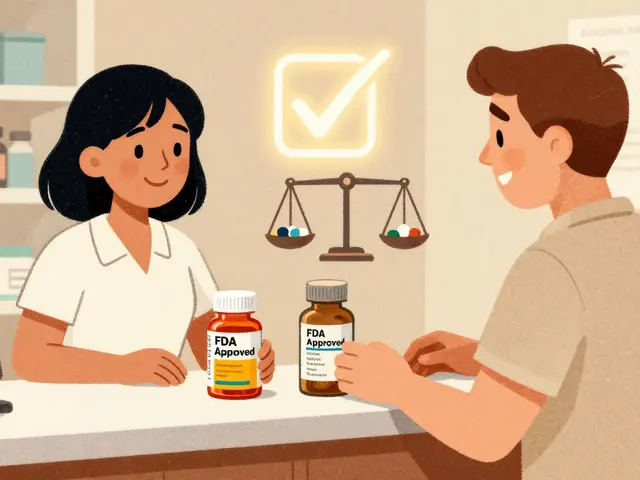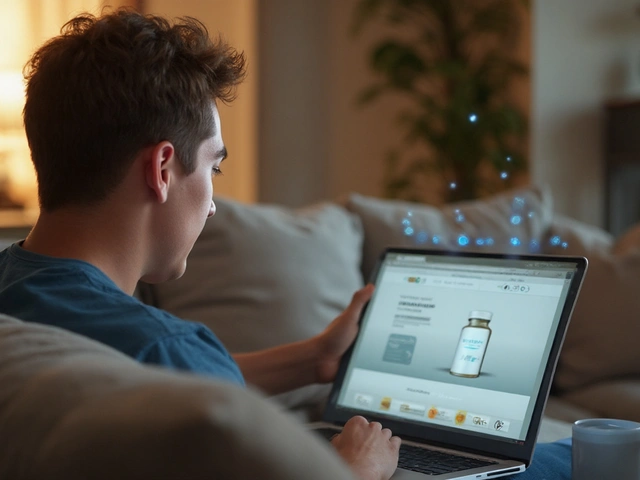Caregiving strategies that actually make life easier
If you're caring for someone, small systems beat big plans every time. This page collects practical caregiving strategies you can use right now, including meds, appointments, home safety, and self-care. Use these tips to reduce mistakes, save time, and feel less overwhelmed.
Create a simple medication routine. Write every drug name, dose, time, and reason on one sheet. Use a pill organiser and set phone alarms. If you order meds online, stick to trusted pharmacies and keep a printed record of orders and receipts. When a new drug arrives, check the label against your list and ask the pharmacist one clear question: "Any serious interactions I should worry about?" That single question often reveals the most important safety points.
Build an appointment plan. Keep a shared calendar the whole family can use. Block travel and prep time as separate entries so you do not overbook. For clinic visits, write the top three things you want from the appointment and bring the list. Take photos of medicine labels, wound sites, or mobility issues to show clinicians. Images often explain more than words.
Make the home safer step by step. Walk the house like you would if you had limited vision or balance. Remove loose rugs, add night lighting in hallways, and place frequently used items within reach. Install an easy to use phone or a medical alert button if falls are a risk. For bathroom safety, a simple shower bench and grab bars prevent many injuries.
Communicate clearly and share tasks. Break caregiving into small duties and match them to peoples strengths. One person handles meds, another drives, and someone else manages bills. Use a shared note app or a whiteboard at home to track daily needs. Short check ins a week cut confusion and prevent last minute crises.
Protect legal and medical wishes. If the person you care for has not done so, prompt simple documents: a durable power of attorney for health decisions and a current medication list signed by their doctor. Keep scans in a secure cloud folder your trusted contacts can access.
Look after yourself without guilt. Schedule one short break every day and a longer break weekly. Use respite services, lean on friends for meals, and keep one hobby alive. Your health matters because your care depends on it.
Learn as you go. Read medication guides, watch short how to videos for lifts and safe transfers, and ask clinicians for a hands on demo. Fresh knowledge reduces fear and improves outcomes.
If you want, start with one change today: pick either medications, appointments, safety, or self care and make one small fix. Those tiny wins add up fast.
Use ready templates and checklists to speed things up. Download a one page med list, a visit checklist, and a home safety checklist. If you need ideas for meds or conditions specific tips, our guides on medications, inhalers, heart failure, and skin checks offer quick, reliable steps you can apply today.










